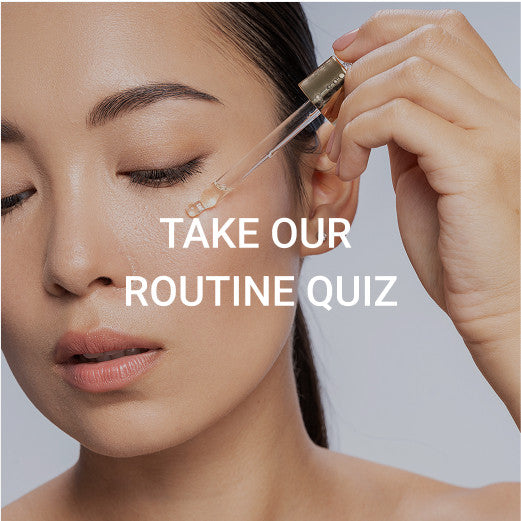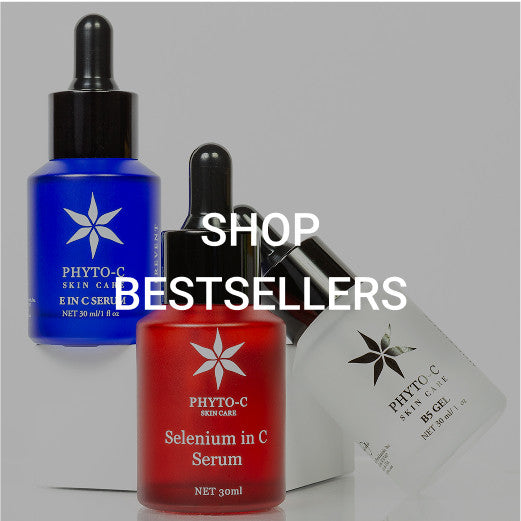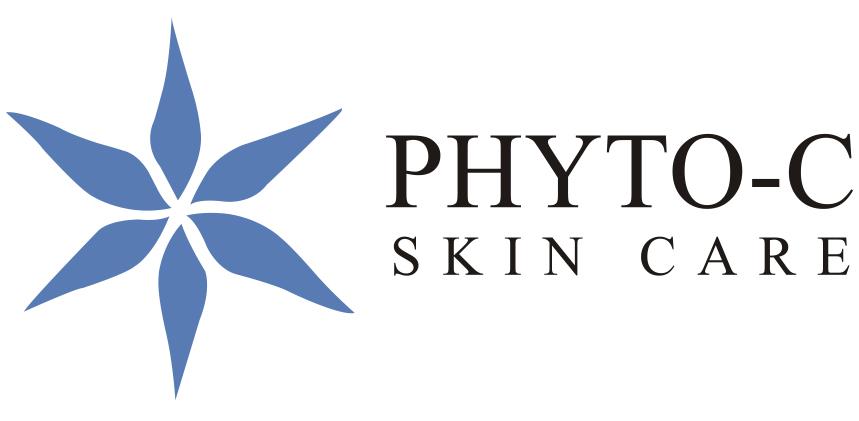Acne is a problem that most teenagers and adults face. About 80% of teenagers are affected by acne. The adult population faces this skin problem at a much higher rate than teens. It’s estimated that about 85% of people between the age of 25-45 have some degree of adult acne. Given how common it is, it’s no surprise that many people want answers on what causes acne, tips for preventing acne, and methods for treating acne effectively.
What causes acne?
The exact cause of acne is not yet known. But in most cases, acne is caused by excess oil production in the skin. The excess oil causes an increase in the number of sebaceous glands in the skin. These glands produce sebum, a naturally occurring oily substance found in the skin that helps keep the skin oil-balanced and hydrated. Excess sebum production in the skin, however, can lead to acne. There are many theories that attempt to explain the cause of acne. These theories include hormonal imbalances, genetic makeup, diet, and stress.
Tips for preventing acne
- Avoid Looking At Your Face In The Mirror Too Much
You don't want to scare yourself with what you see in the mirror; acne appears on your face because of clogged pores, not because of your ugly self. And if you're constantly staring at it, you'll only make it worse. Instead, try gently massaging your face every morning and evening with your fingertips and gently exfoliating your face with a mild cleanser.
- Avoid Skincare Products That Cause Irritation
Acne doesn't occur because of a lack of skin care products; it happens because of clogged pores. So if you've been using the same products to combat acne for months on end, chances are you're not getting any results whatsoever. Instead, switch up your routine every few days so you give your skin some much-needed variety.
- Wash Your Face Twice Daily
Wash your face twice daily to clean off excess sebum and sebum-blocking debris from the surface of your skin.
- Use Gentle Cleansers
Always use gentle cleansers on acne-prone skin. You don't want to strip your skin of its natural oils, but instead, you want to clean away the excess sebum that is clogging your pores.
Treatment of acne with medicines and cosmetics
There are various acne treatment and acne cure products available on the market. Some of the common acne treatments include over-the-counter acne medications, acne cleansers, gels, and creams. Acne cleansers are usually alcohol-free and non-foaming so that they don't strip the skin of its natural oils. There are also acne treatment creams and gels that are applied to the skin. Some of the common acne treatment products and acne cures include Benzoyl Peroxide, Salicylic Acid, and Retin-A.
Conclusion
Acne is a common skin condition that affects many people throughout their lifetime. Nearly everyone gets acne at some point in their life, and many who get acne as teenagers eventually get older and face it again as adults. There are many ways to avoid getting acne, and you can also treat your acne with medicine and natural remedies if you get it. You can prevent acne by washing your face twice a day and changing your diet for better digestion.
You can also use cosmetics and masks to improve the condition of your skin. If you get acne, you should take care of it by following these tips: Wash your face twice a day, avoiding steamy showers as they can irritate your skin. Shower immediately after you clean your face so that you can wash off excess sebum. Avoid touching your face when you're dirty or when you're wearing makeup. Change your pillowcase every few days so that you don't leave behind any dirt on your face. Acne is a skin condition that affects many people throughout their lifetime.
Nearly everyone gets acne at some point in their life, and many who get acne as teenagers eventually get older and face it again as adults. There are many ways to avoid getting acne, and you can also treat your acne with medicine and natural remedies if you get it. There are many treatments available on the market, but they don't work for everyone. Some of the most common treatments used to treat acne include over-the-counter acne medications, acne cleansers, gels, and creams.


 My Account
My Account Our Story
Our Story Shipping Information
Shipping Information Returns
Returns FAQ
FAQ Contact Us
Contact Us

 Next Post
Next Post